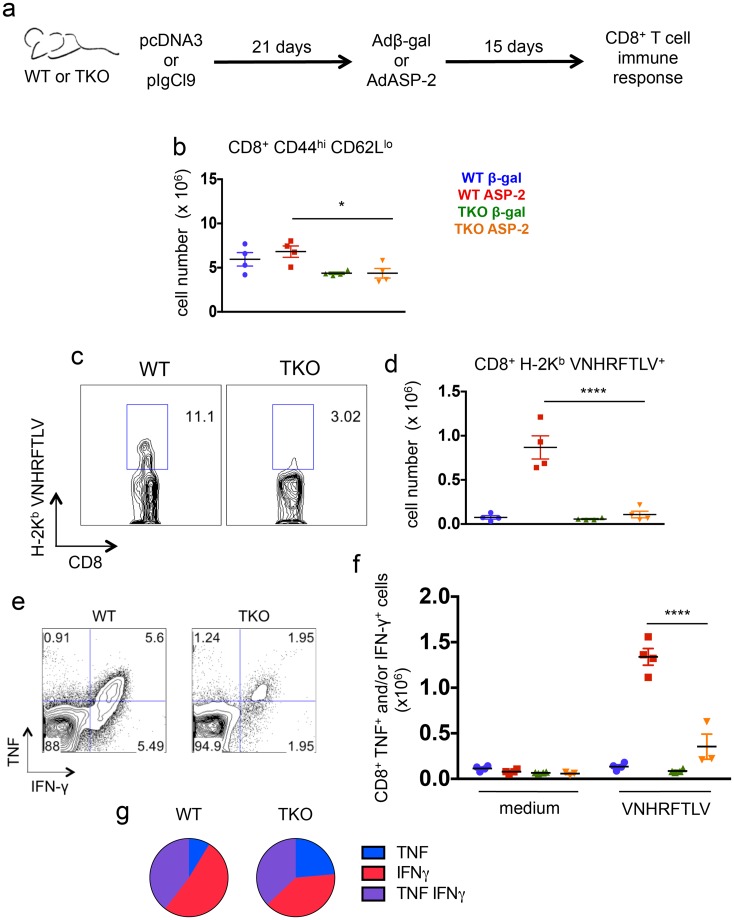Fig 6. Immunoproteasome-deficient mice present impaired immunity of specific CD8+ T cells upon genetic vaccination against T. cruzi.
(a) Experiment design: WT and TKO mice were primed with empty plasmid DNA (pcDNA3) or a vector expressing ASP-2 (pIgCl9) and boosted after 21 days with adenovirus 5 expressing beta-galactosidase (Adβ-gal) or ASP-2 (AdASP-2), respectively. Fifteen days later, the response of CD8+ T cells was assessed in the spleen. (b) Total numbers of CD8+ CD44high CD62Llow cells. (c) Representative samples and (d) total numbers of specific CD8+ T cells stained with H-2Kb-VNHRFTLV pentamers. (e) Representative samples and (f) numbers of CD8+ splenic cells positively stained for TNF and/or IFN-γ after ex vivo restimulation with the peptide VNHRFTLV corresponding to the immunodominant T. cruzi MHC class I-restricted epitope from ASP-2. (g) Combination of cytokines stained in responder CD8+ T cells from spleens of ASP-2-vaccinated mice restimulated ex vivo with VNHRFTLV peptide. Results are shown as individual values and as the mean ± SEM for each group (n = 4). One representative of two independent experiments is shown. Asterisks indicate that the values observed for TKO mice were significantly lower than those for WT mice (*P<0.05 ****P<0.0001).

